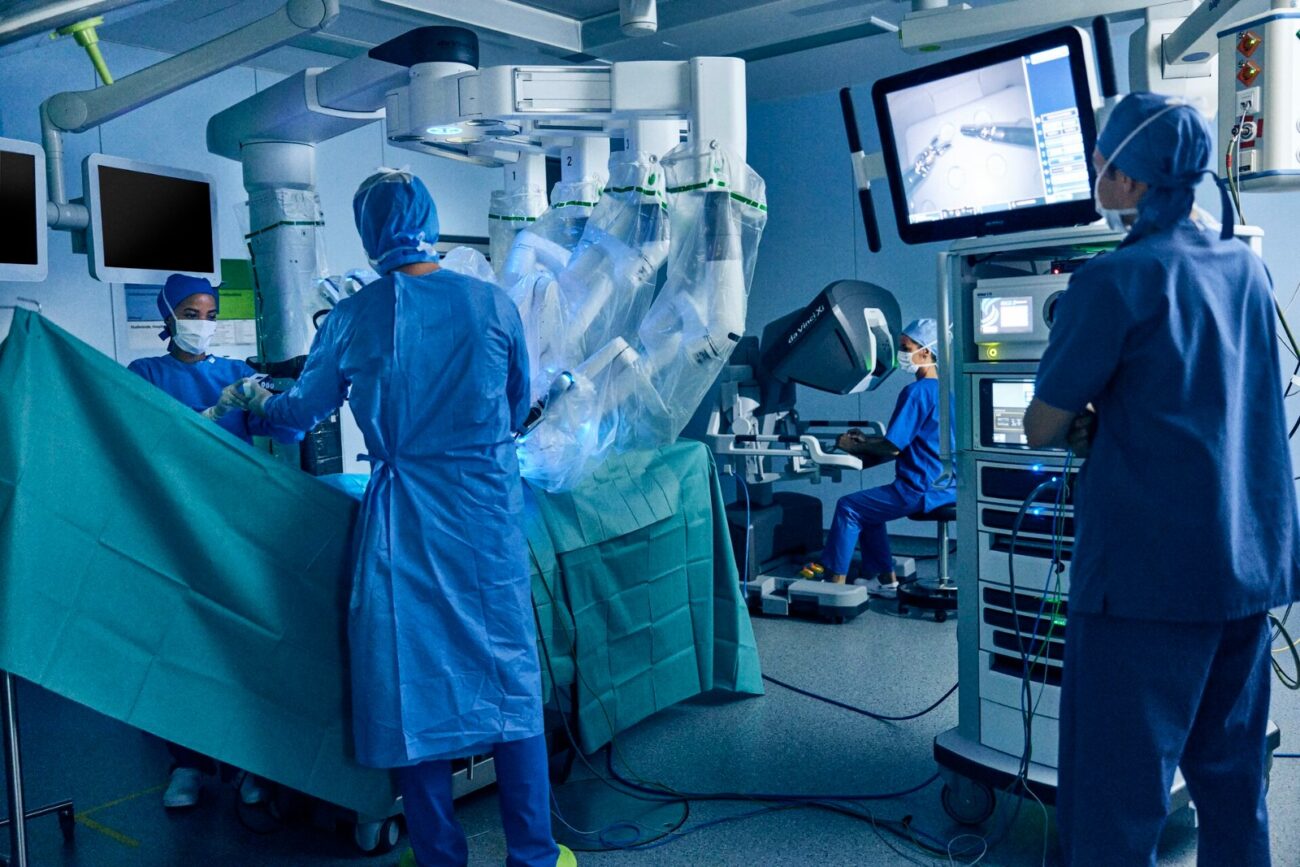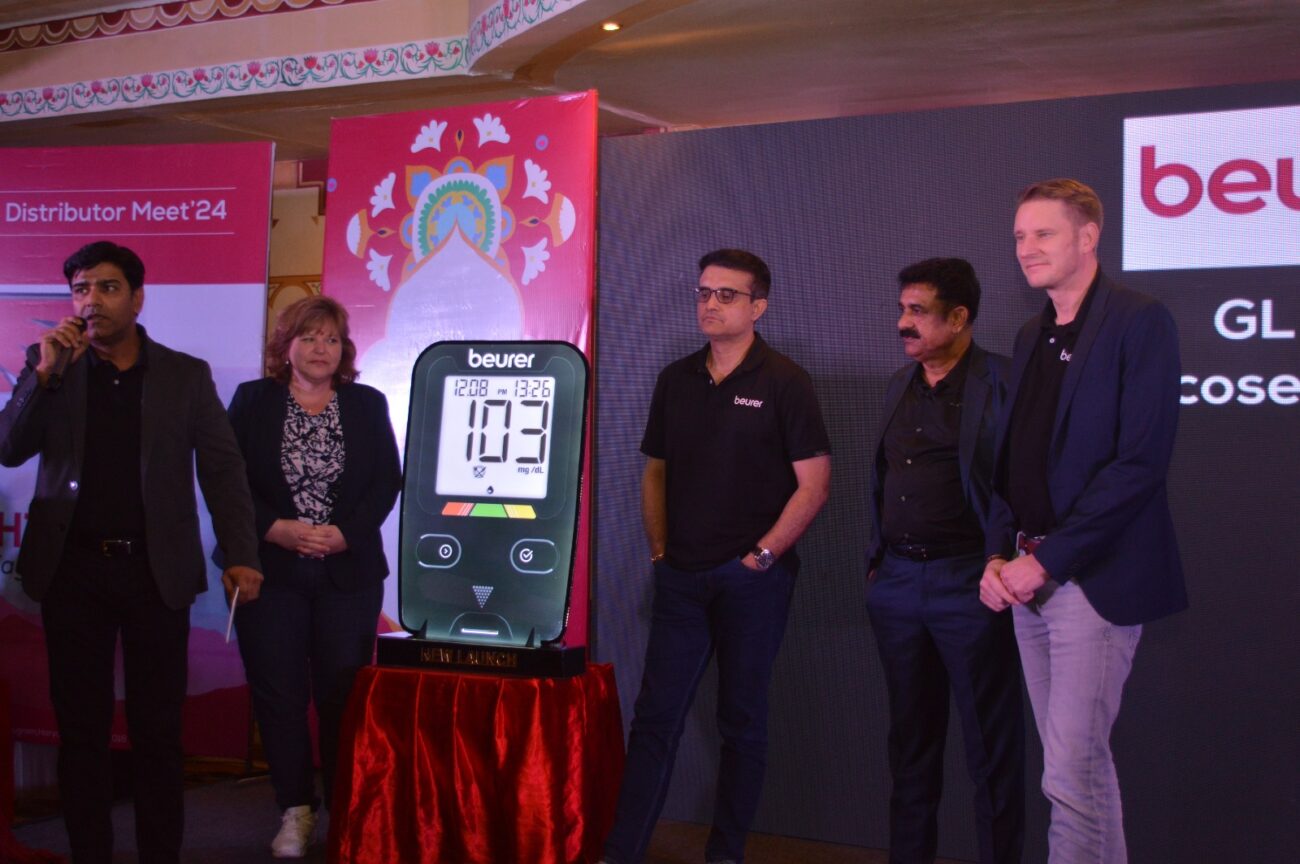JIPMER Puducherry comes up with an innovative surgical technique for Pancreatic Cancer
The robotic-assisted surgery technique enhances precision and oncological outcomes On World Pancreatic Cancer Day, JIPMER Puducherry announced a breakthrough in pancreatic cancer treatment with the development of a novel robotic-assisted surgery technique. Conceptualised by Dr. Kalayarasan,

The robotic-assisted surgery technique enhances precision and oncological outcomes
On World Pancreatic Cancer Day, JIPMER Puducherry announced a breakthrough in pancreatic cancer treatment with the development of a novel robotic-assisted surgery technique. Conceptualised by Dr. Kalayarasan, a leading robotic surgeon, this pioneering approach has set a new benchmark in precision, reducing complications and improving recovery for patients battling one of the deadliest forms of cancer.
This cutting-edge technique leverages the advanced da Vinci robotic system to perform the intricate pancreaticoduodenectomy (PD) procedure with unparalleled accuracy. A key innovation lies in the precise and systematic vascular control technique, which minimises blood loss and enhances the chances of complete tumour removal (R0 resection). By carefully identifying and controlling key vessels – such as the pancreatoduodenal arteries (inferior and superior) and pancreatic veins (posterior, anterior, superior, and inferior), this technique ensures safe vascular management, reducing the risk of complications like bleeding, which is a common challenge in pancreatic surgery.
This meticulous approach involves a detailed sequence of vessel control, starting with the gastrocolic trunk and progressing to the remaining pancreatoduodenal vessels. The systematic control of these critical vessels, in contrast to blind dissection, significantly reduces the likelihood of haemorrhage, a frequent issue in traditional procedures.
Additionally, the technique improves oncological outcomes by ensuring an R0 resection, where the tumour is completely removed with clear margins. One of the most important margins to address during the procedure is the superior mesenteric artery margin. If not carefully approached, this margin can become positive, leading to recurrence. However, following this method ensures a close and precise resection, thereby improving oncological control and patient outcomes. The innovation not only enhances the safety of the procedure but also plays a pivotal role in preventing recurrence and improving long-term survival rates for patients undergoing pancreatic surgery.
“The robotic-assisted approach enables us to navigate complex anatomical structures with exceptional precision,” said Dr. Kalayarasan. “Patients benefit from reduced pain, shorter hospital stays, faster recovery, and significantly fewer complications. This innovation is transformative for improving survival rates and quality of life in pancreatic cancer patients.”
Recently, a 58-year-old patient with advanced pancreatic cancer and a history of chronic pancreatitis underwent the procedure at JIPMER. The surgery achieved a complete tumour resection, enabling the patient to return home within just five days. Early initiation of adjuvant chemotherapy was possible due to the patient’s rapid recovery, showcasing the immense potential of this advanced technology.
Pancreatic cancer has seen a 30% increase in incidence across southern India over the past decade, with nearly 50,000 new cases reported annually. Contributing factors such as chronic pancreatitis, obesity, and high-fat diets prevalent in the region have made early detection and effective treatment more critical than ever.
JIPMER’s robotic-assisted surgery program has emerged as a cornerstone in addressing this growing healthcare challenge. Over 100 pancreatic cancer surgeries have been successfully performed using this technique.
“The advancements in robotic-assisted surgery at JIPMER symbolize a paradigm shift in cancer care,” said Dr. Kalayarasan, adding, “The robotic approach has significantly expanded the scope of minimally invasive surgery for patients with complex pancreatic cancer, particularly those with chronic pancreatitis or vascular involvement. These cases, traditionally managed through open surgery due to the technical challenges and intricate anatomy, are now benefiting from the precision and dexterity offered by robotic platforms. The enhanced visualization and articulation provided by robotics enable surgeons to perform precise dissections and vascular reconstructions, making minimally invasive surgery a viable option even for patients once deemed unsuitable for laparoscopic techniques.”
With this milestone, JIPMER continues to solidify its position as a leader in innovative cancer treatment, offering new hope to patients and families confronting the challenges of pancreatic cancer.






